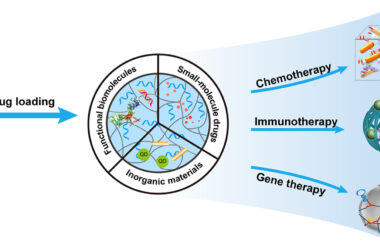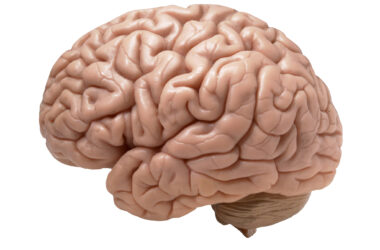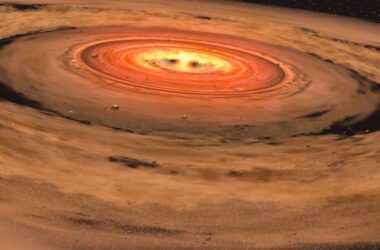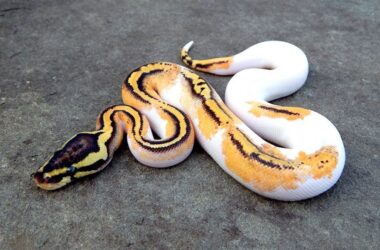Are Canadians ridiculously polite? Is Gen Z exceedingly self-absorbed? Stereotypes pervade our day-to-day lives, with their roots grounded in false notions and “othering” media portrayals. However, stereotypes of age, race, gender, and other identifiers do not exist in a vacuum—an identity consists of multiple identifiers that mesh and interlock. A[Read More…]
Science & Technology
The latest in science and technology.
Stiffer DNA hydrogels open new paths for biomedical applications
Besides acting as the backbone of genetic material, DNA is getting significant attention for being a versatile building block of nanomaterials—particles one-thousandth of the diameter of a hair strand—including a type of nanomaterial called DNA hydrogels. As a rising star in the field of nanoengineering, which is the study of[Read More…]
Call off the search for a “normal” brain
A “normal” brain—also termed “neurotypical”—has long been used in cognitive science research as a benchmark for brain activity comparisons. But this distinction between brains actually limits neuroscience research and has long escaped the notice of experts. Jakub Kopal, a postdoctoral fellow in neuroscience at McGill, researches the effect of genetic[Read More…]
SciTech Presents: A Pi Day Pie Recipe
Happy Pi Day! In a break from our regularly-scheduled McGill research coverage, The McGill Tribune’s Science & Technology section brings you one of our favourite apple pie recipes to celebrate an iconic day. Pi is a mathematical constant that represents the ratio of a circle’s diameter to its circumference. Crust[Read More…]
Making soup with methane, vitamin D, mRNA, and shellfish waste
The 35th semesterly Soup & Science was one for the books, with top-notch student and professor research presentations accompanied by delectable soup. The McGill Tribune brings you the presentations we liked best for a little taste of the event. Improving mRNA resilience by combining it with other molecules U4 chemistry[Read More…]
McGill exoplanet specialist recognized for outstanding work in astrophysics
Last month, the Astronomical Society of India awarded McGill physics professor Eve Lee the 2022 Vainu Bappu Gold Medal for her work in astrophysics. The award honours young astronomers—typically under 35—for their exceptional achievements and potential. Lee’s work focuses on exoplanets, which are planets that orbit around other stars in[Read More…]
Data scraping reveals Montreal’s hidden property owners
With the school year closing fast, one thing on returning students’ minds is finding a new apartment. However, many students will struggle throughout the process, facing high competition and prices, adding to the already stressful experience of moving into a new place. In the 1990s, Montreal, and Canada as a[Read More…]
Think twice before taking a drag from your friend’s vape
Most students at McGill have encountered a vape pen: Whether they’ve taken a hit from someone’s JUUL at a party, walked through a cloud of grape-scented vapour in front of McLennan, or bought one from the depanneur on the corner. In Canada in 2021, 13 per cent of youth aged[Read More…]
Alveolar macrophages, the lungs’ safeguard
Pulmonary infections—such as COVID-19 and the flu—in which bacteria or viruses enter and damage the lungs, are among the leading causes of death in older adults. Elderly people’s increased susceptibility to pulmonary infections is attributed mostly to immune systems that weaken over time. The initiation of immune responses to protect[Read More…]
Ball python pigmentation research is coloured in by crowdsourced data
When you think of genetics research, what animals first come to mind? Fruit flies? Mice? Our understanding of genetics is defined by a small number of model organisms—the ones used to study a particular biological phenomenon because of how similar their genes are to humans. Mice are the most common[Read More…]















